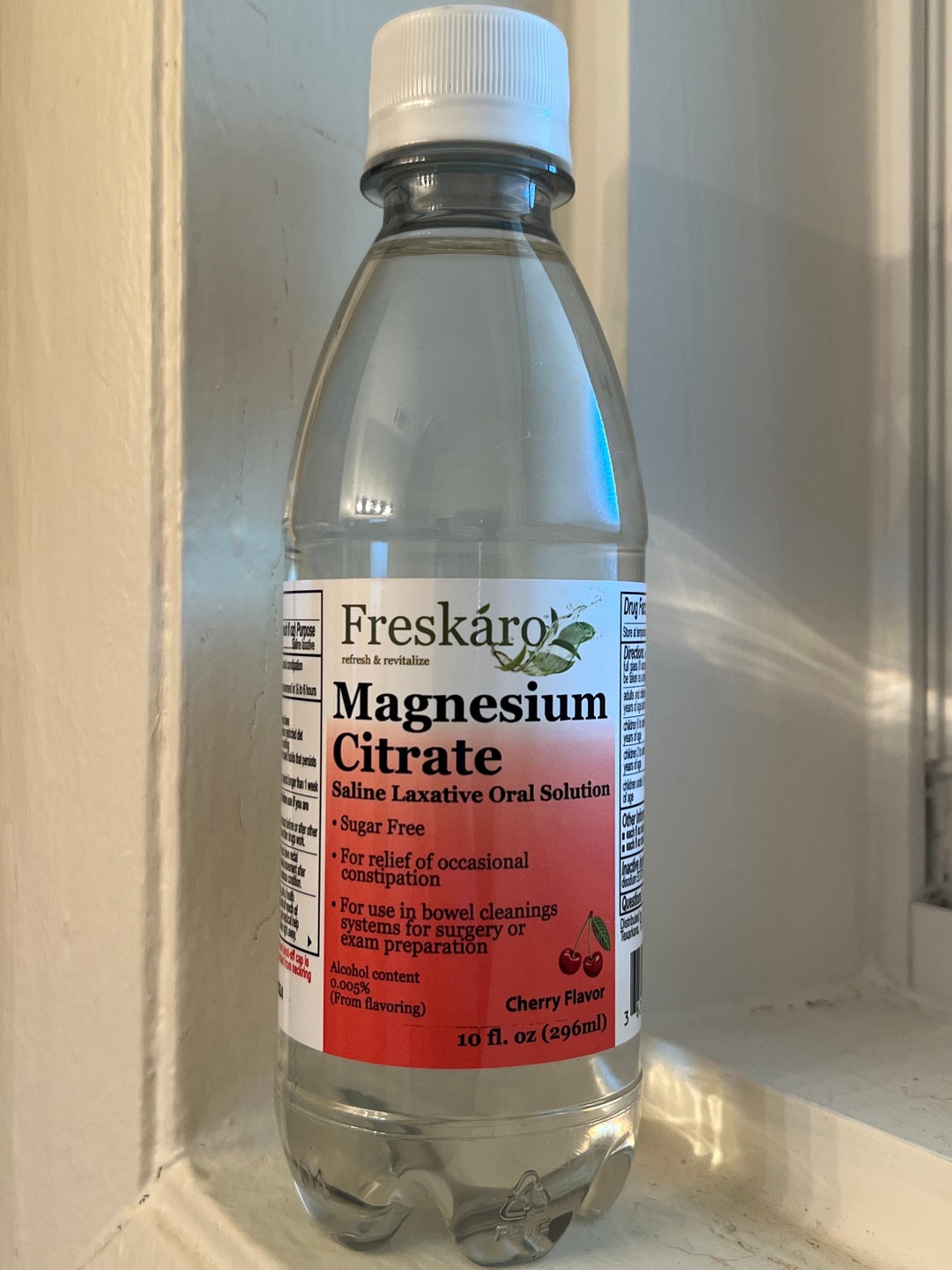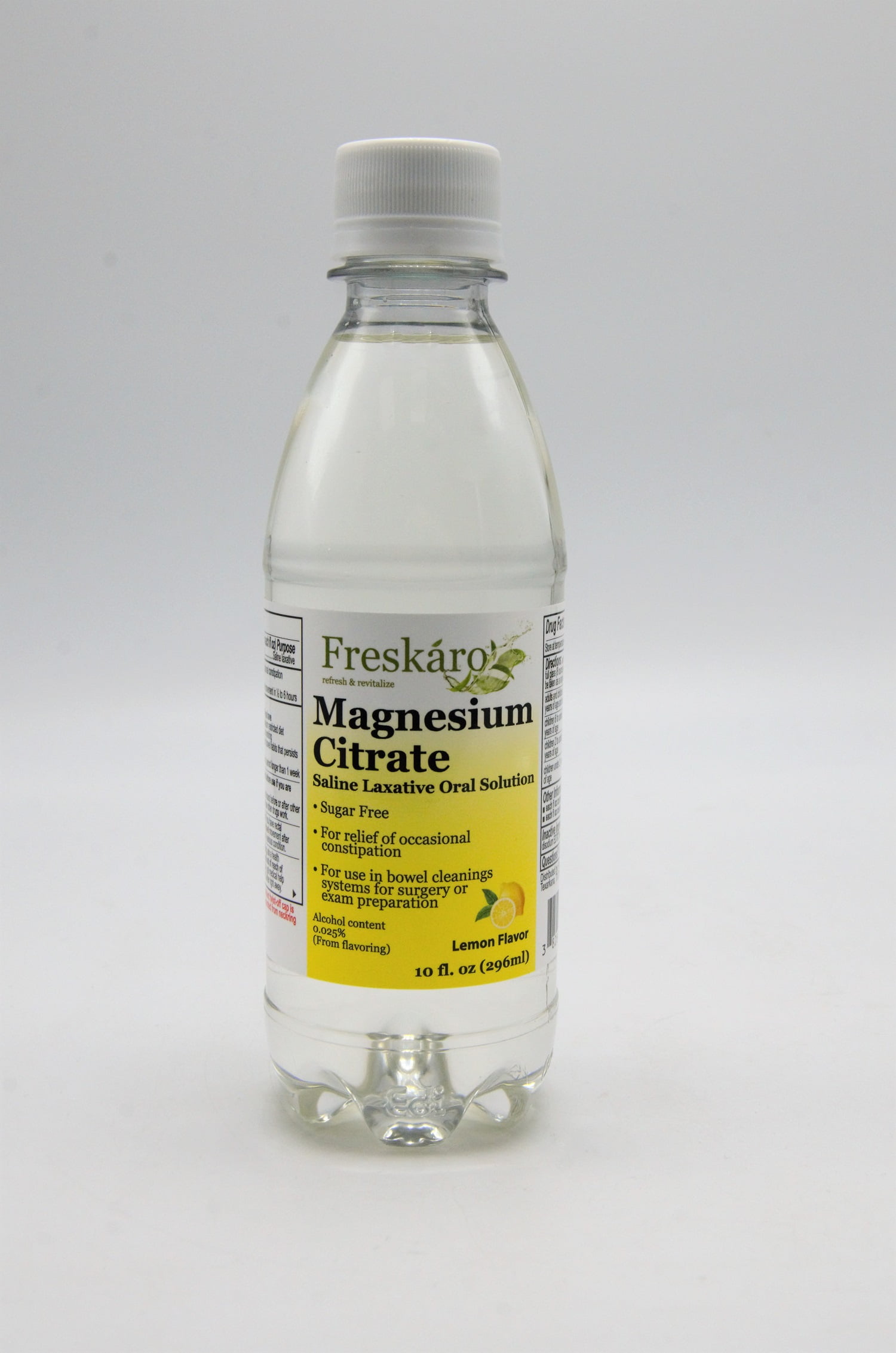When people think about keeping their bodies feeling good, they often look for simple ways to help themselves, and sometimes, too, they stumble upon things like magnesium supplements. It’s almost as if there’s a quiet buzz around these kinds of helpers, isn’t there? You know, the sort of buzz that makes you wonder if they really live up to all the talk. We often hear about different types of magnesium, and magnesium citrate is one that often pops up in conversations about staying healthy.
There’s a good reason why so many people are curious about what magnesium can do for them. It’s a bit like looking for a piece of a puzzle that just might make everything fit better. People are always on the lookout for ways to support their overall well-being, and supplements, in a way, seem to offer a path to that. What’s really important, though, is figuring out which ones are actually helpful and which ones might not be quite what they seem, especially when you consider things like how they’re made or what they contain.
So, when you’re thinking about adding something new to your daily routine, it’s really helpful to get some straightforward information. We’re going to look at what happens when products are put to the test, and what that might mean for you, especially when considering something like magnesium citrate. It’s about getting a clearer picture, you know, so you can make choices that feel right for your own personal health journey.
Table of Contents
- What Did Product Checks Show About Magnesium Citrate?
- The Growing Interest in Magnesium Citrate and Baking Soda
- Can Magnesium Citrate and Baking Soda Mix with Your Medicines?
- When Should You Be Careful with Magnesium Citrate and Baking Soda?
- What Happens If You Take Too Much Magnesium Citrate?
- Thinking About the Cost of Magnesium Citrate and Baking Soda
- How Does Magnesium Citrate Help Your Body's Balance?
- Keeping Your Body in Sync with Magnesium Citrate and Baking Soda
What Did Product Checks Show About Magnesium Citrate?
When you’re trying to find a really good magnesium supplement, it can feel a bit like searching for a needle in a haystack, can’t it? There are so many different kinds out there, and each one promises something a little bit different. That’s why groups that check products, like one particular consumer lab, took the time to look at some of the more common types and well-known names. They wanted to see, you know, which ones actually measured up to what they said on the label. It’s a pretty important job, actually, because it helps people like you and me make better choices about what we put into our bodies.
This consumer lab, they purchased and then put to the test fifteen popular magnesium supplements. They really got into the details, looking at things that come in softgels, capsules, tablets, liquids, and even those chewy gummies. The whole point was to help people figure out which one might be the best magnesium option for them. It’s kind of like having someone do the homework for you, making it a bit easier to sort through all the options that are out there, and to find something that you can, you know, feel good about.
You might be surprised to hear that sales of these magnesium helpers really jumped up, by quite a lot, back in 2014. According to a business publication focused on nutrition, sales reached a pretty significant amount, hitting six hundred eighty million dollars. This shows that more and more people are becoming interested in these kinds of products, which, in a way, makes sense given how much attention health and wellness get these days. It just goes to show that a lot of folks are looking for ways to support their health, and magnesium seems to be one of the things they often turn to.
The Growing Interest in Magnesium Citrate and Baking Soda
It’s interesting to consider that while it’s not very common for someone to truly lack enough magnesium, meaning a serious deficiency, some people still choose to take extra amounts. This is often because they believe it helps them feel better in various ways. You know, it’s like how some people might think about other common household items, like baking soda, for general wellness or small discomforts. There’s a certain appeal to simple solutions, isn't there? This growing interest in things like magnesium citrate, and even the general idea of using simple substances for health, really speaks to a broader trend of people taking a more active role in their personal care routines.
The sheer volume of products available, and the increasing number of people buying them, suggests that many are looking for ways to supplement their diet or address specific concerns they might have. It’s not always about fixing a major problem; sometimes, it’s just about feeling a little bit better, or, you know, making sure your body has what it needs. This general curiosity about what things like magnesium citrate can do for us, and the desire to explore various options, seems to be a pretty constant part of how people approach their health these days.
Can Magnesium Citrate and Baking Soda Mix with Your Medicines?
It’s really important to remember that magnesium, as useful as it seems, can actually get in the way of other things your body needs, like certain medicines. This means it might make those medications less effective or stop them from being absorbed properly. For example, some common germ-fighting drugs, like a type called tetracycline, which you might know by names like Achromycin or Sumycin, can be affected. So, if you’re taking any kind of medicine, it’s super important to have a chat with your doctor or a pharmacist about it. You know, just to be on the safe side and make sure everything works together as it should.
This is a pretty big deal, actually, because you want your medicines to do their job, right? It’s not just about taking a pill; it’s about making sure that pill can actually help you. So, if you’re thinking about adding a magnesium supplement, even something like magnesium citrate, into your routine, and you’re already on other prescriptions, it’s really, really wise to get some advice first. You don't want to accidentally make your other treatments less helpful, or, you know, cause any unexpected issues.
When Should You Be Careful with Magnesium Citrate and Baking Soda?
For people who have kidney problems, taking magnesium supplements can actually be quite risky. It’s really, really important that if someone has issues with their kidneys, they only use magnesium under the direct guidance of a doctor. This is a situation where you absolutely need professional oversight, because what might be helpful for one person could be quite harmful for another. You know, it’s like how you wouldn’t just mix certain things together without knowing the outcome, and this applies to your body’s internal workings too.
If you’re not taking magnesium for a specific, known reason, and especially if you have any health conditions, it’s always best to be cautious. Your body’s systems are all connected, and introducing something new, even something seemingly harmless like a magnesium supplement, can have ripple effects. This is true for any substance you might consider, whether it’s magnesium citrate or even thinking about how something like baking soda might interact with your system. The general rule of thumb is, when in doubt, talk to someone who really knows their stuff, like a medical professional.
What Happens If You Take Too Much Magnesium Citrate?
The most common things people notice when they take magnesium supplements are often related to their stomach. You might feel a bit of an upset stomach, or, you know, some nausea. Sometimes, people even experience throwing up or loose stools. This is because nearly all types of magnesium have a bit of a loosening effect on the bowels. It’s just how they work, so it’s something to be aware of if you’re considering taking them. It’s like, your body is reacting to something new, and sometimes that reaction shows up in your digestive system.
If you happen to take too much magnesium from a supplement, especially amounts that go over what’s considered the safe upper limit for daily intake, it can definitely lead to loose stools. This is a pretty clear sign that your body is getting more than it can comfortably handle. It’s important to pay attention to these kinds of signals, because your body is basically telling you, "Hey, that's enough!" So, being mindful of the dosage is really key to avoiding these kinds of uncomfortable experiences.
Thinking About the Cost of Magnesium Citrate and Baking Soda
When you’re looking at different types of magnesium, the cost can really vary quite a bit. For instance, to get about two hundred milligrams of magnesium from supplements that use magnesium orotate, you might end up spending somewhere between ten and eighteen cents. This is just one example, of course, but it shows that not all forms are priced the same. It’s kind of like how some brands of, say, baking soda might cost a little more than others, even though they’re basically the same thing. The price differences in magnesium supplements can be quite noticeable depending on the specific type and how it’s prepared.
It’s worth noting that you can get the same amount of magnesium for a lot less money if you choose a different form. The text mentions that you can get the same amount for "as little" which implies there are much cheaper options out there. So, if budget is a concern, it’s really worth doing a little digging to compare the various types of magnesium supplements available. You might find that a different form of magnesium, perhaps even magnesium citrate, offers a similar benefit at a more wallet-friendly price. It’s all about finding what works best for you, both for your body and your budget.
How Does Magnesium Citrate Help Your Body's Balance?
Magnesium plays a really important part in keeping your heart steady and making sure its beat stays regular. It’s like a quiet conductor for your heart’s electrical system, helping everything stay stable. If you have low amounts of magnesium in your blood, or if you’re just not getting enough of it from what you eat, it can affect this delicate balance. You know, it’s a bit like a tiny cog in a big machine; if that one part isn’t quite right, the whole system can feel a bit off. So, making sure you have enough magnesium is pretty important for your heart's overall well-being.
It’s not just the heart, either. Sometimes, if you don’t have enough of certain important elements in your diet, like potassium, calcium, or magnesium, you might experience those annoying leg cramps. It’s a common complaint, actually, and often linked to these kinds of imbalances. So, making sure your body has a good supply of these essential things can really help keep those sudden muscle tightenings at bay. It’s about giving your body the right tools to keep everything working smoothly, more or less.
Also, some medicines that are often given for high blood pressure can cause you to, you know, go to the bathroom more often. This increased urination can sometimes lead to losing more of these important elements, including magnesium. So, it’s a bit of a cycle, where one thing can affect another. If you’re taking these kinds of medications, it’s something to be aware of, as it might influence your body’s magnesium levels. It’s just another way that your health can be quite interconnected.
Keeping Your Body in Sync with Magnesium Citrate and Baking Soda
If you’re not taking magnesium specifically because a doctor told you to, or for a particular health issue that it’s known to help with, then it’s really about personal choice and general wellness. People often explore different avenues to keep their bodies feeling balanced, and magnesium citrate is one of those options that comes up quite a bit. It's like how some folks might consider other simple, widely available things, perhaps even baking soda, for various home remedies or just to feel a bit more comfortable in their day-to-day lives. The key is always to listen to your body and, you know, do what feels right for you.
The information we’ve looked at highlights how complex our bodies are and how even seemingly simple supplements like magnesium can have a big impact. From how they’re checked for quality to how they interact with medicines and affect your heart, there’s a lot to consider. It’s not just about taking something; it’s about understanding what that something does and how it fits into your overall health picture. So, whether you're looking at magnesium citrate or simply thinking about how different elements interact within your system, being informed is always a good thing.
We’ve talked about how product testing helps us find good magnesium supplements, and how popular they’ve become. We also looked at how magnesium can affect your medications and how important it is to be careful, especially if you have kidney issues. We discussed what happens if you take too much, like getting an upset stomach, and how the cost of different magnesium types can vary a lot. Finally, we covered how magnesium helps your heart stay steady and can even help with leg cramps, especially if you’re taking certain blood pressure medicines.


